Problem-Solving Skills Normal Worksheets for Ages 7-8 - Page 4
96 filtered results
-
From - To
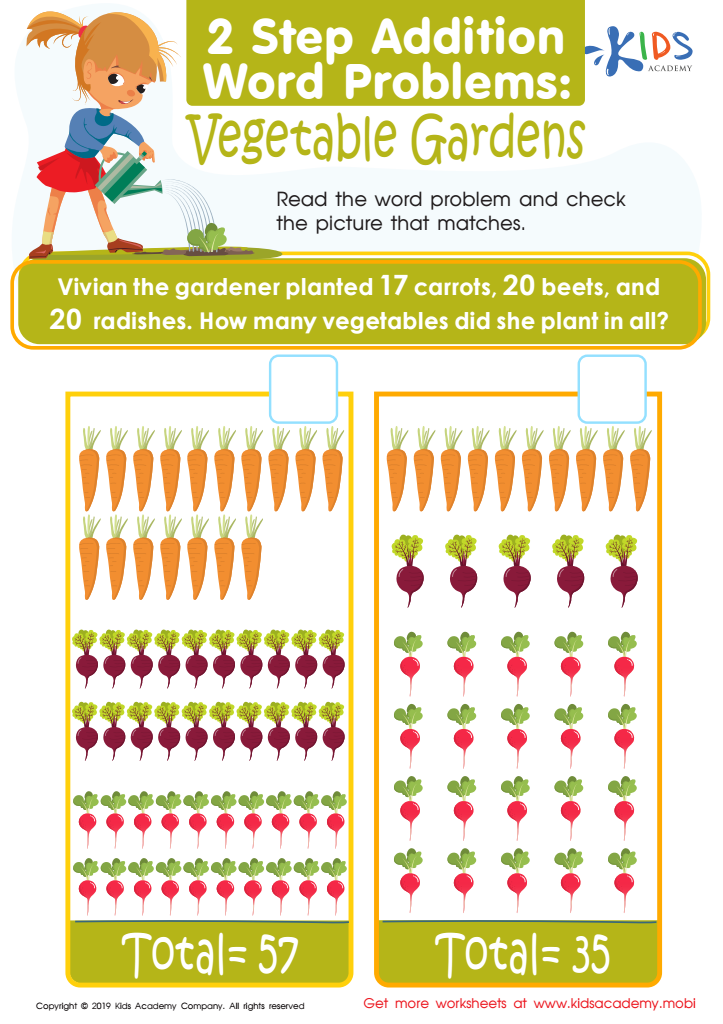

Vegetable Gardens Worksheet
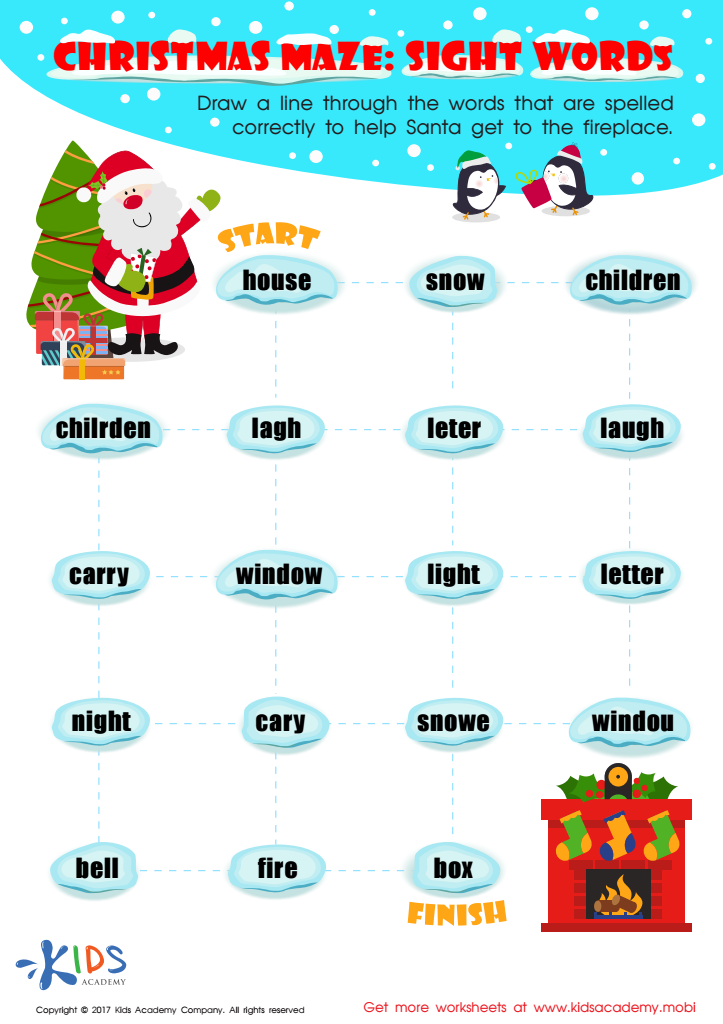

Sight Words Christmas Maze Printable
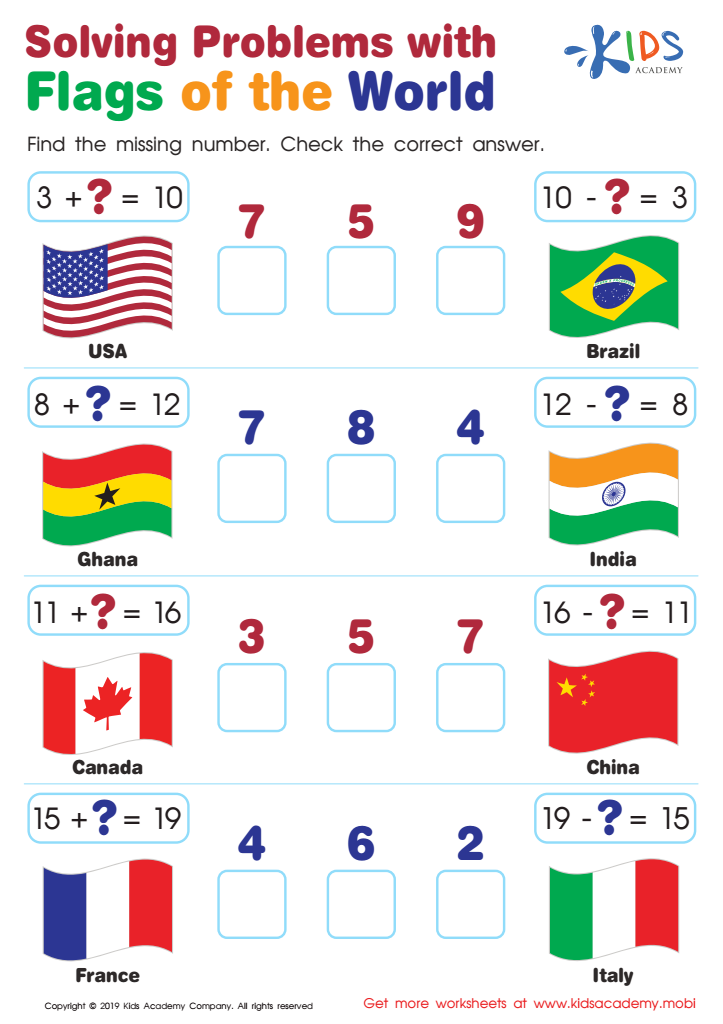

Solving Problems with Flags of the World Worksheet
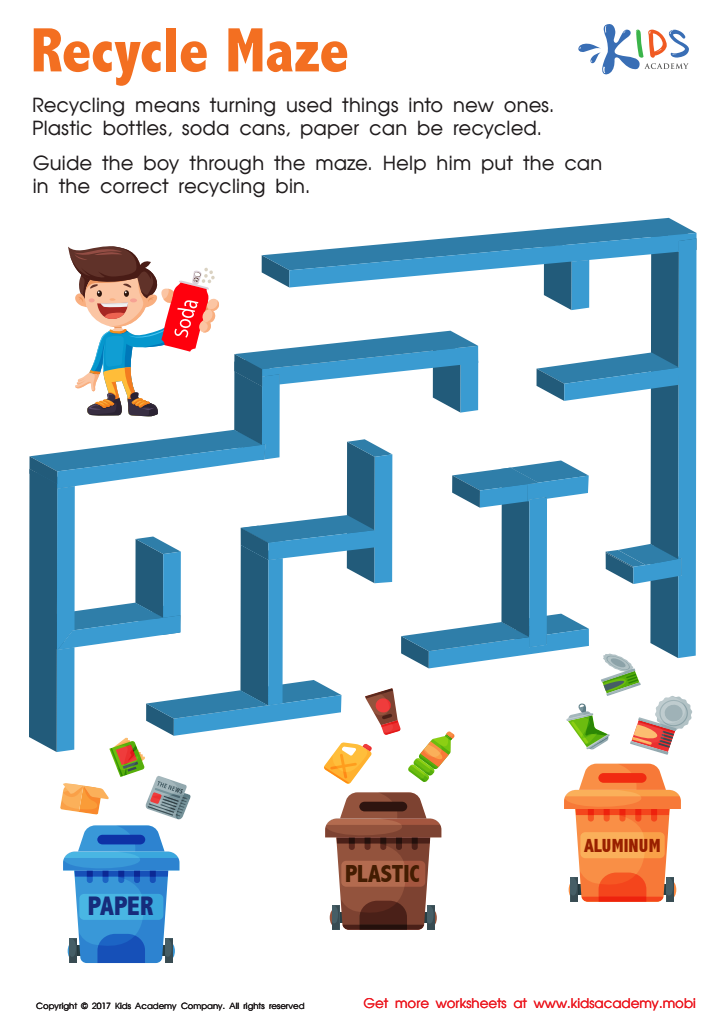

Recycle Maze Worksheet
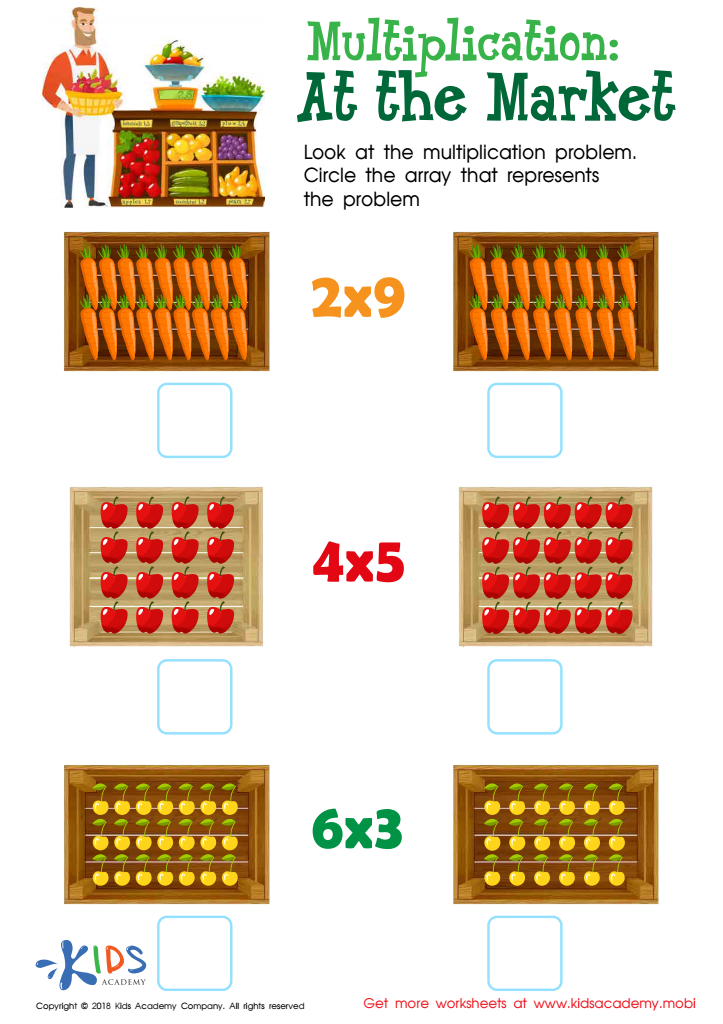

At the Market Worksheet
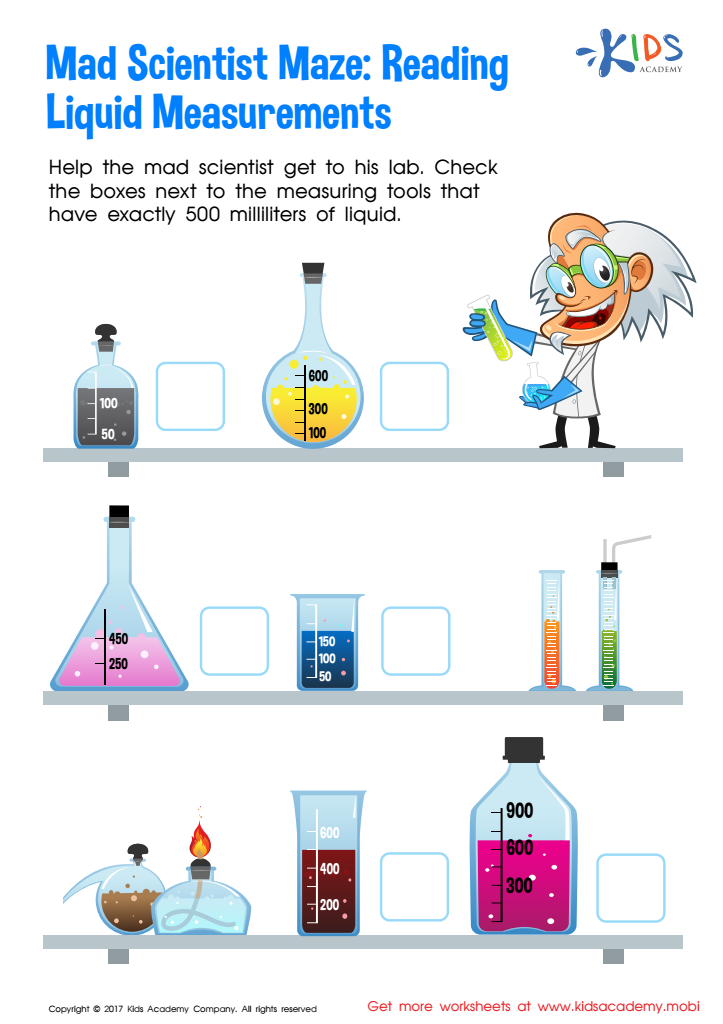

Reading Liquid Measurement Worksheet
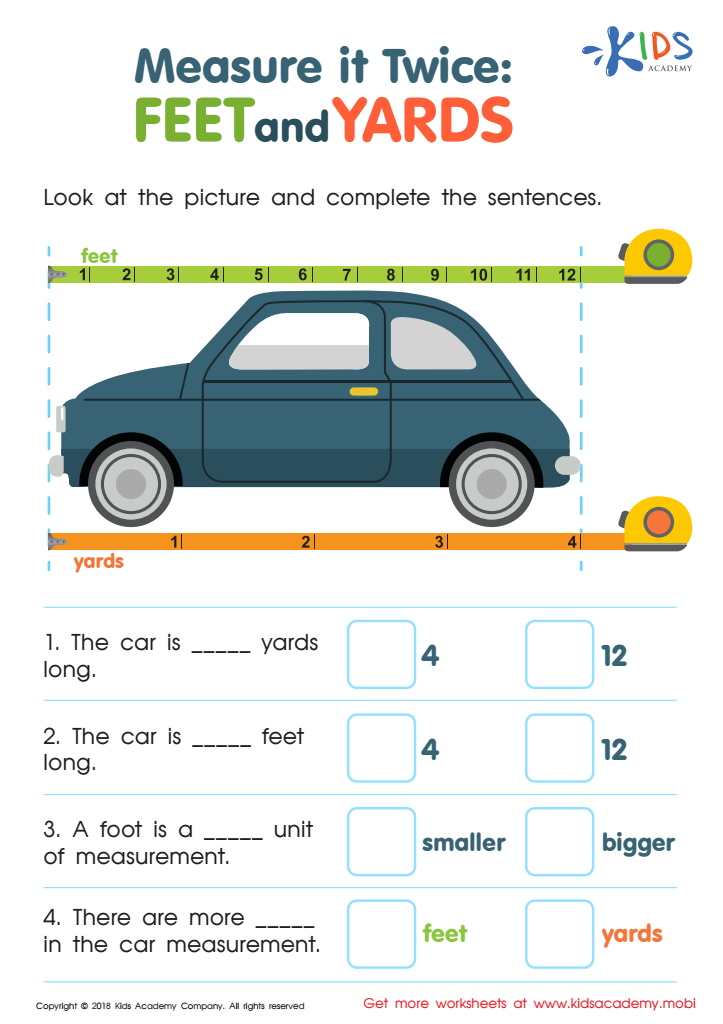

Measure It Twice: Feet and Yards Worksheet
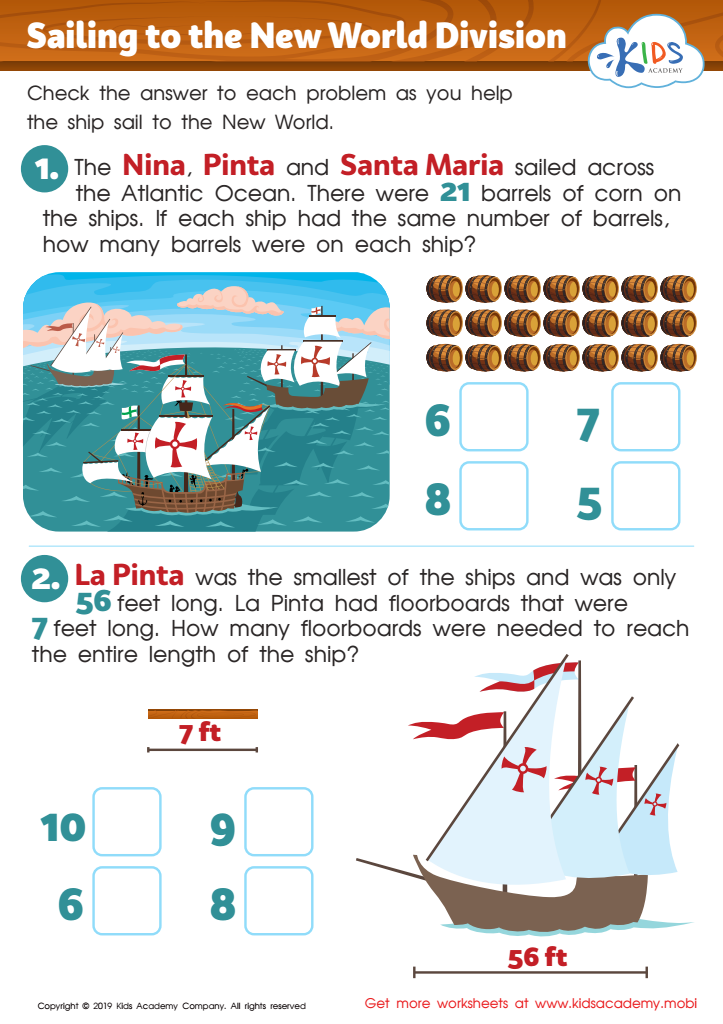

Sailing to the New World Division Worksheet


Multiplying with Betsy Ross Worksheet
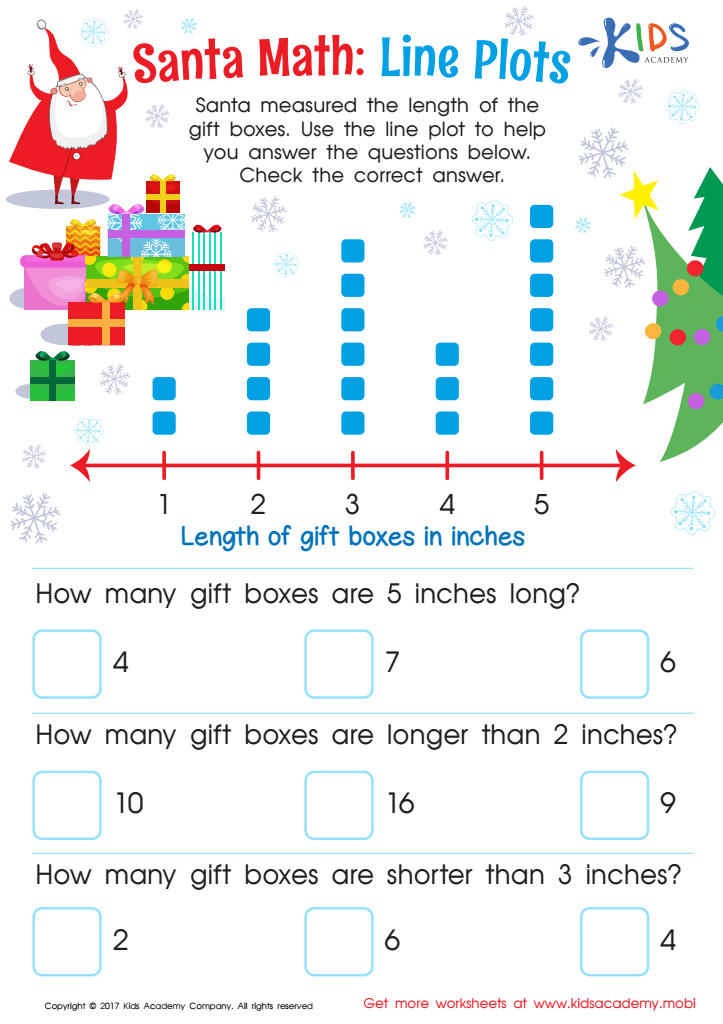

Line Plot Worksheet
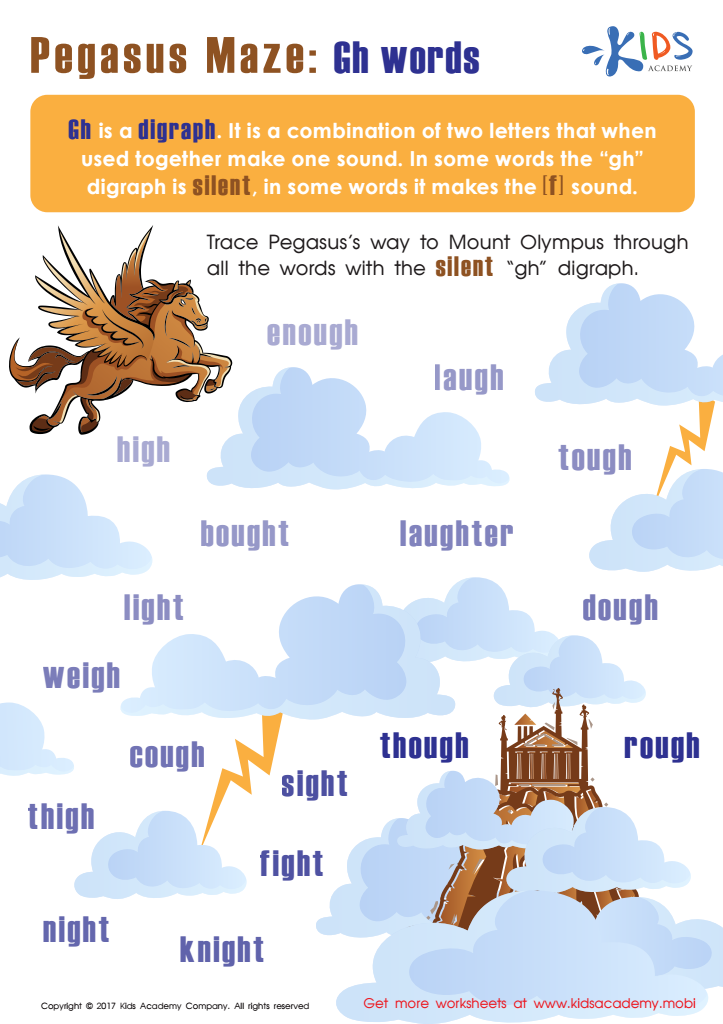

Pegasus Maze: GH Words Worksheet
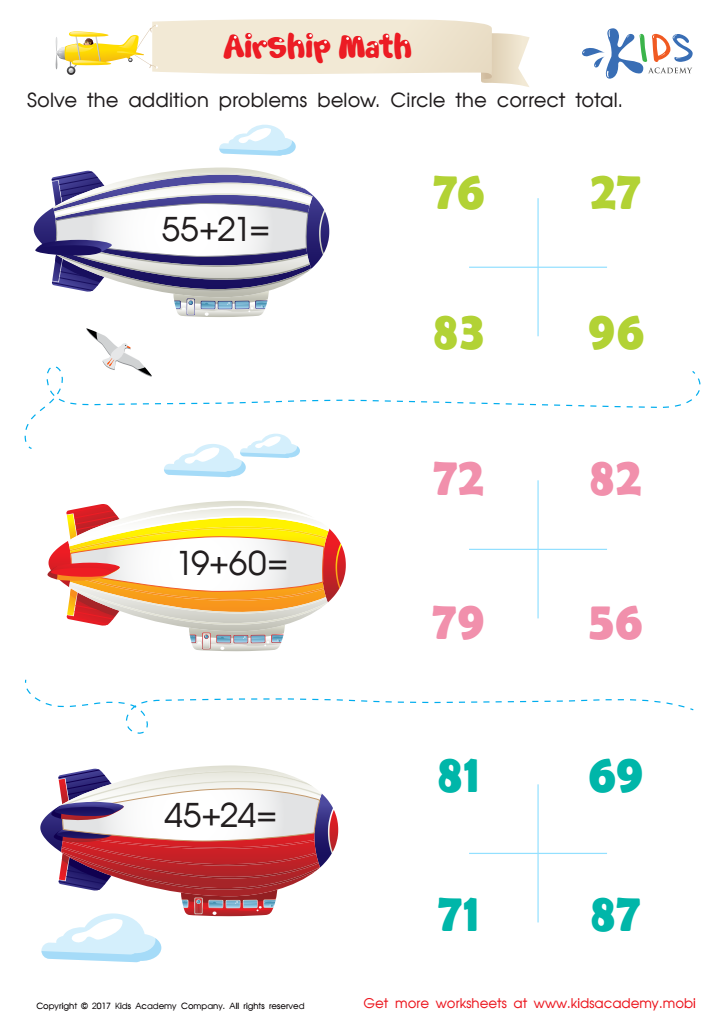

Airship Math Addition Printable
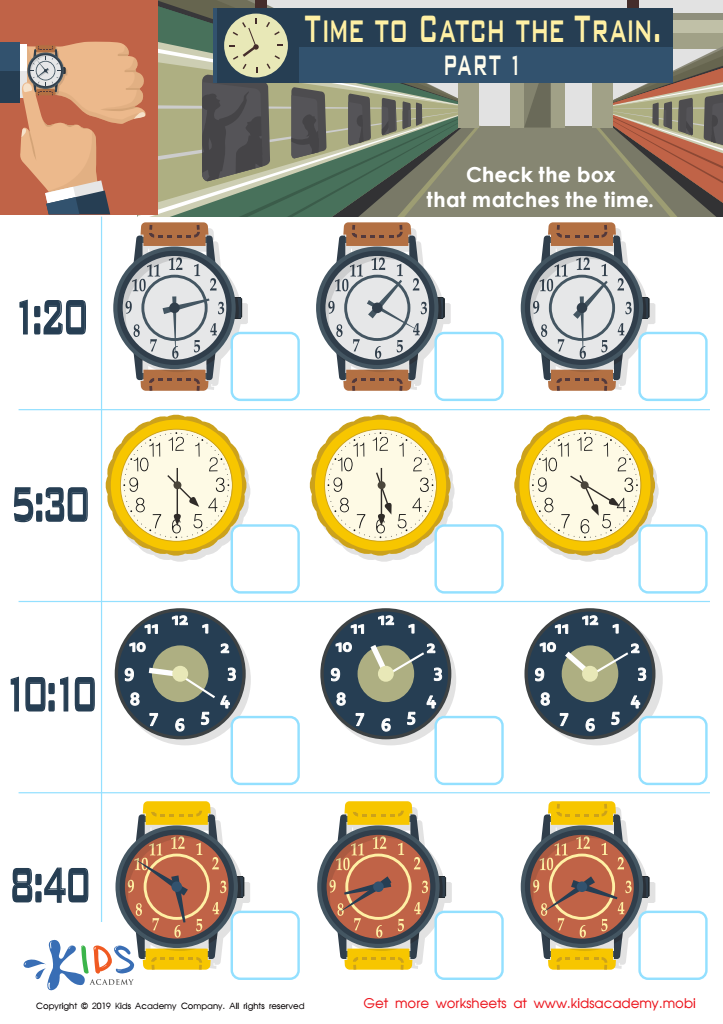

Time to Catch the Train Part 1 Worksheet
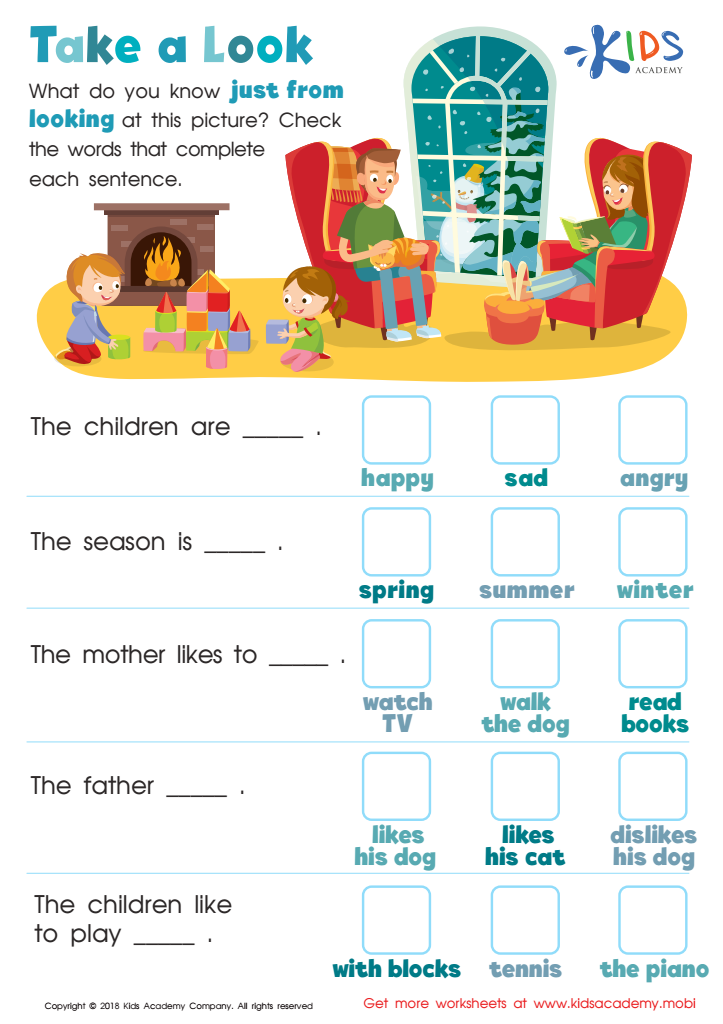

Take a Look - Part 1 Worksheet
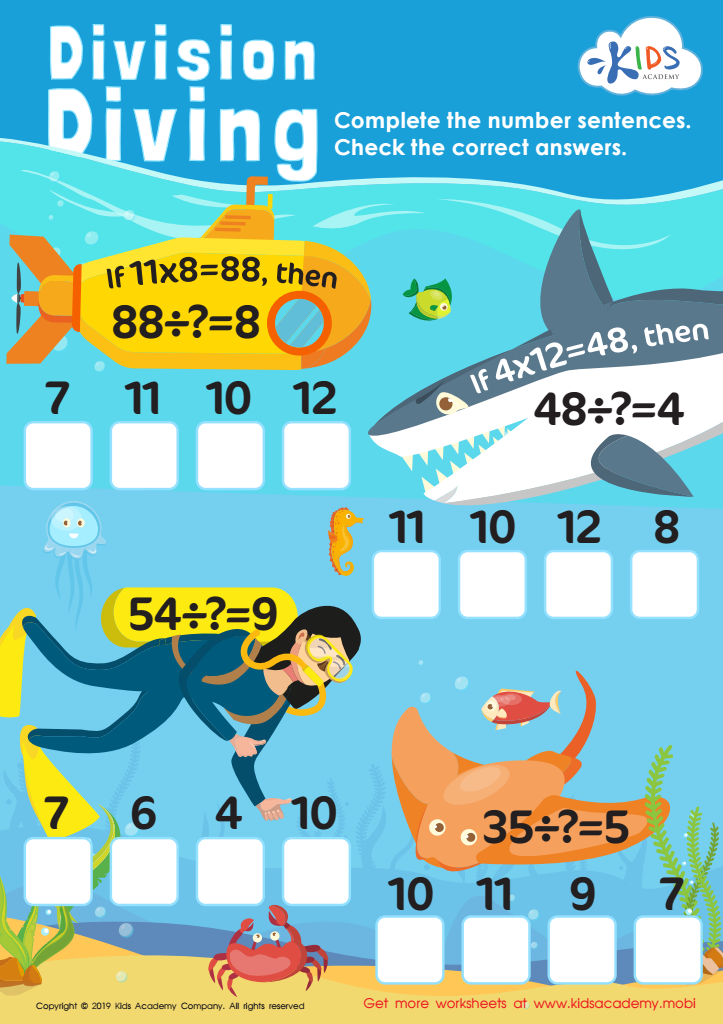

Division Diving Worksheet
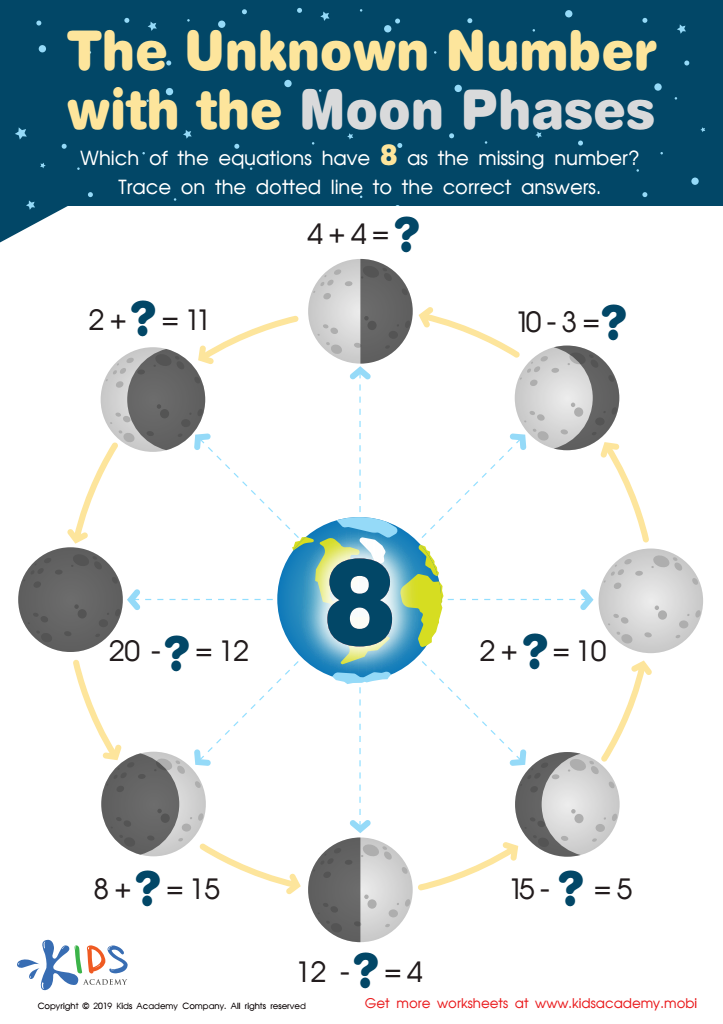

The Unknown Number with the Moon Phases Worksheet
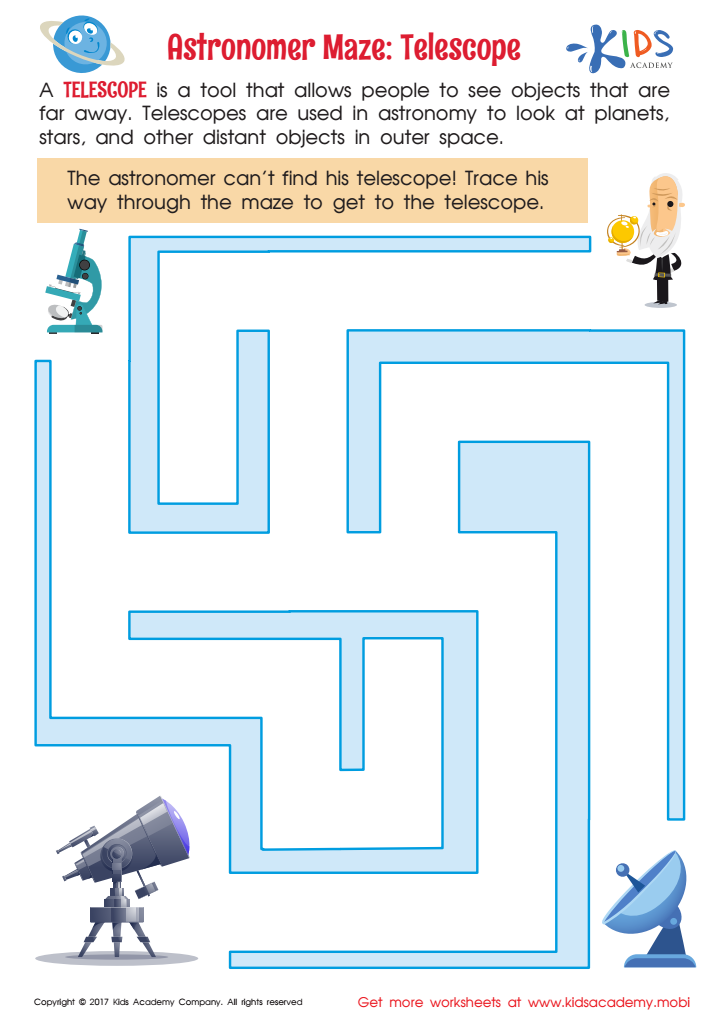

Astronomer Maze: Telescope Worksheet
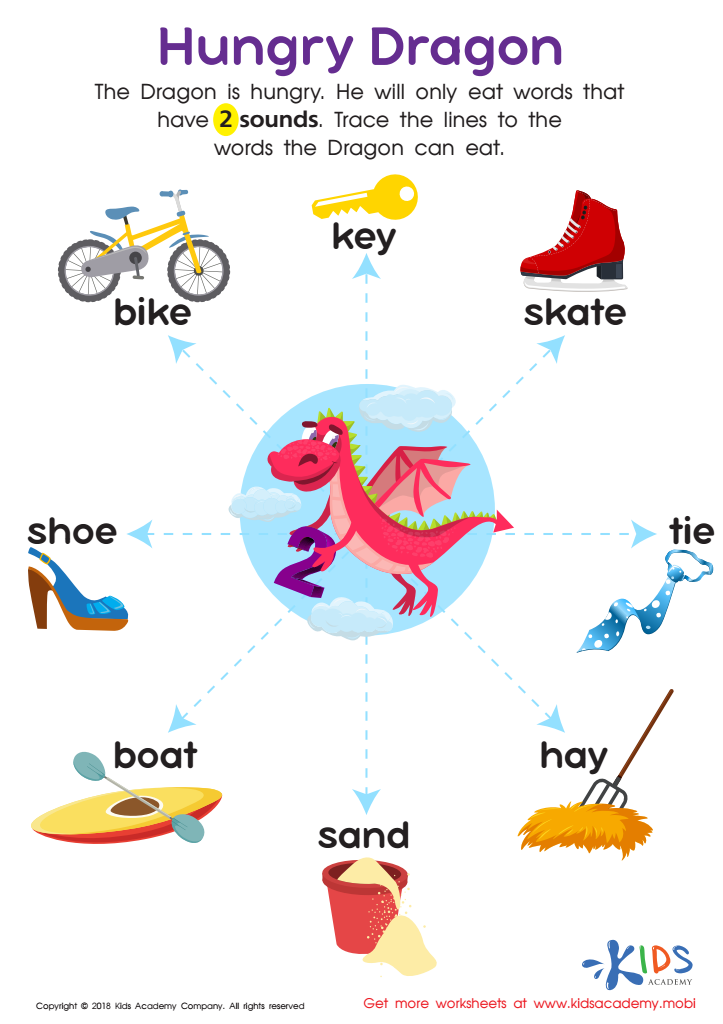

Hungry Dragon Worksheet
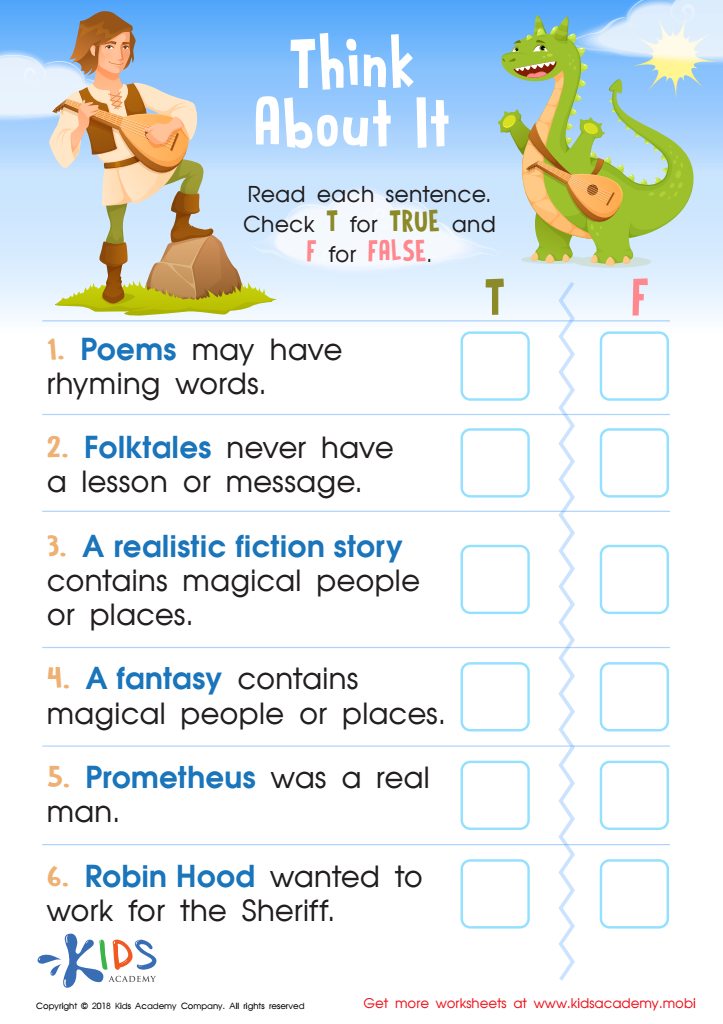

Think About It: Assessment Worksheet
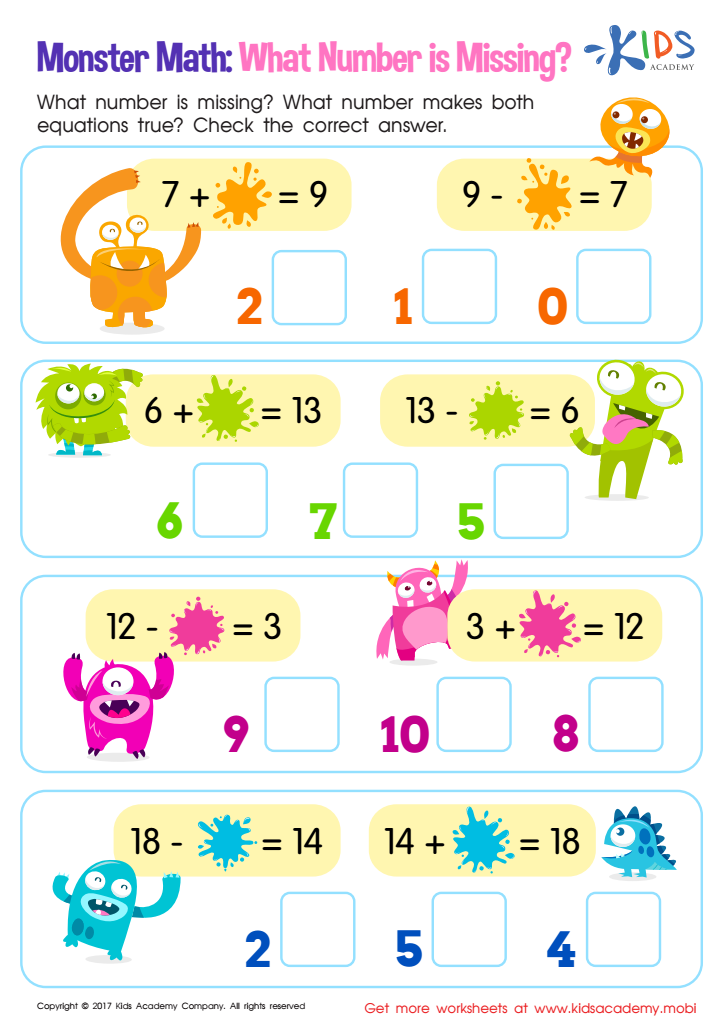

Missing Number: Monster Math Worksheet
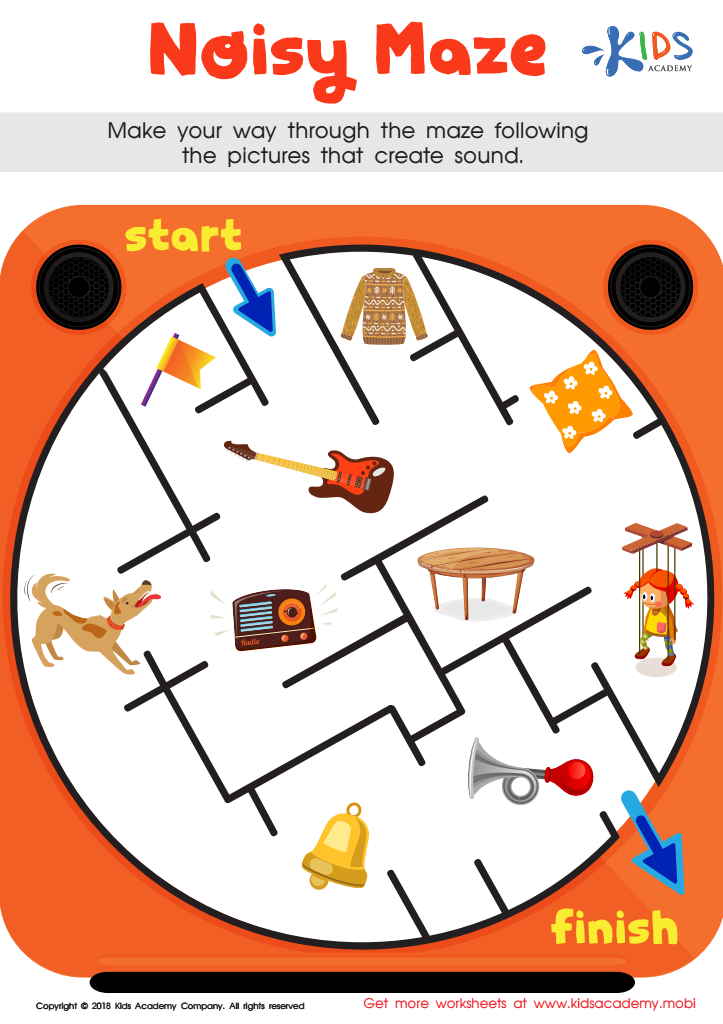

Noisy Maze Worksheet
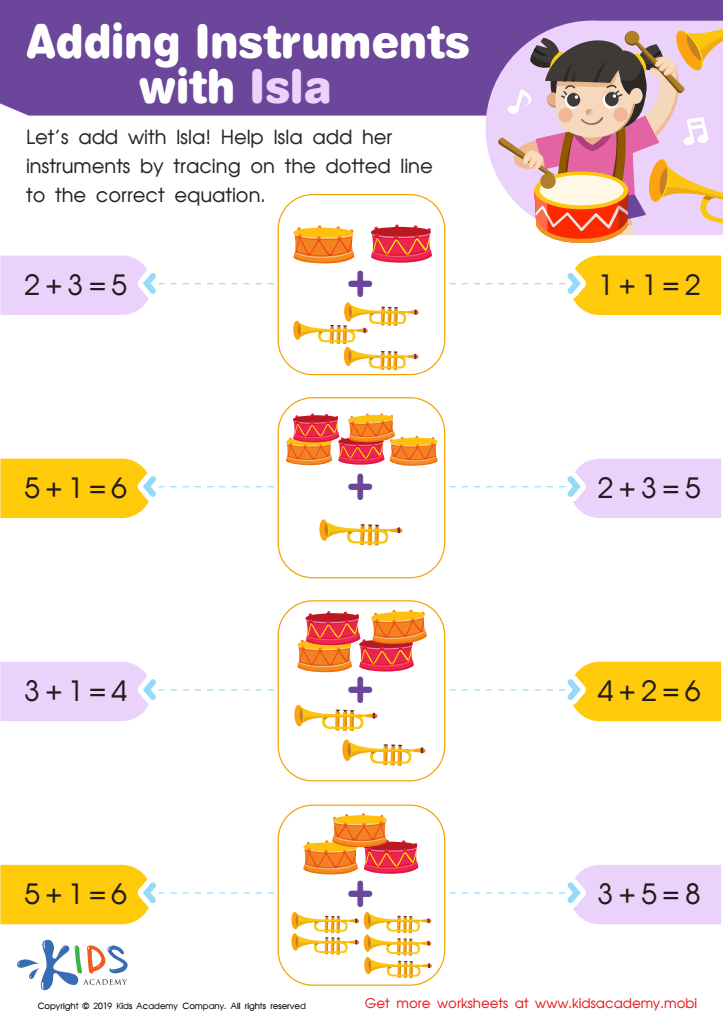

Adding Instruments with Isla Worksheet
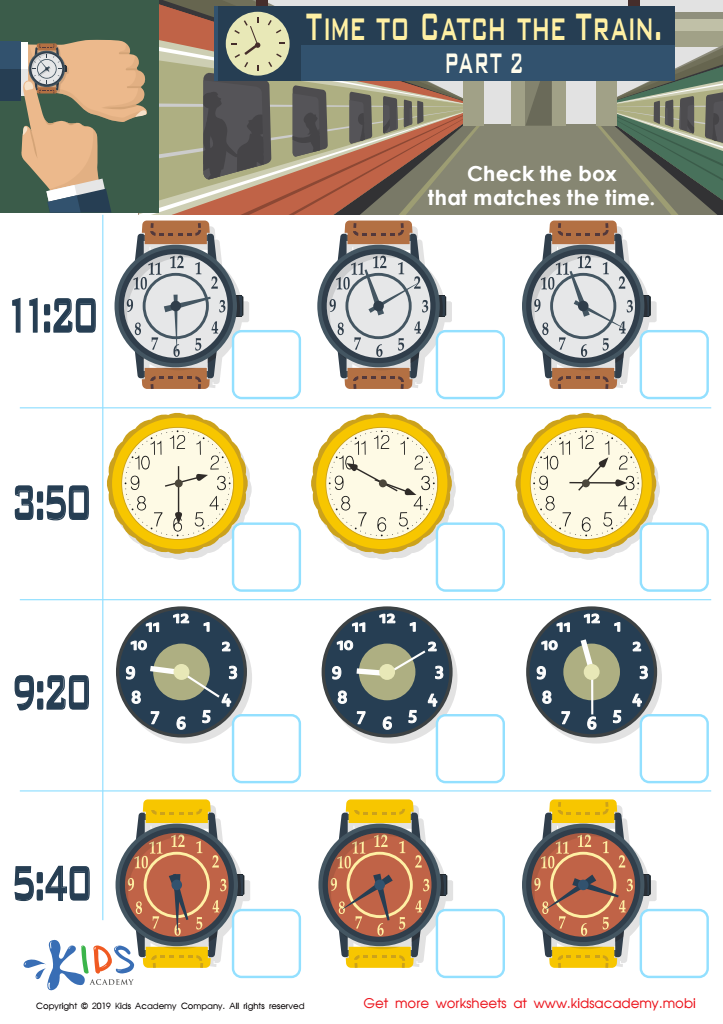

Time to Catch the Train Part 2 Worksheet
Parents and teachers should care about problem-solving skills for 7-8-year-olds because these skills form the foundation for lifelong learning and personal growth. At this age, children begin to face more complex challenges in school and life, and effective problem-solving equips them to navigate these obstacles resiliently and creatively. Enhancing their problem-solving abilities boosts their confidence, enabling them to approach difficulties with a positive attitude.
Developing problem-solving skills encourages critical thinking, which is crucial for academic success and informed decision-making in the future. When children engage in solving problems, they learn to evaluate different perspectives, identify potential solutions, and make sound judgments—a skill set that is invaluable as they tackle various subjects in school.
Moreover, strong problem-solving skills promote collaboration and communication, as children often need to work in teams to brainstorm and implement solutions. As a result, mastering these skills nurtures social competencies and emotional intelligence, fostering positive interactions with peers.
Additionally, instilling problem-solving strategies at a young age prepares children for real-world challenges, helping them become adaptable and resourceful individuals. Overall, prioritizing problem-solving skills at this developmental stage is essential for building a well-rounded, capable, and confident child.
 Assign to My Students
Assign to My Students





.jpg)










